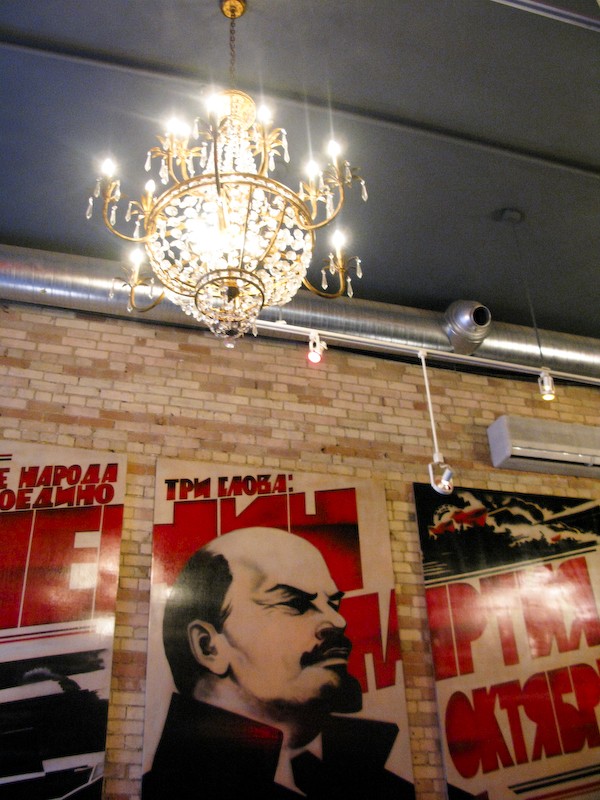Alcohol Abuse Pulls Russian Male Life Expectancy Down to 60 Years of Age
Russian President, Dmitry Medvedev has called levels of alcoholism in the country, “a national disaster.” Speaking at an anti alcohol meeting last week, Medvedev admitted that recent initiatives to curb drunkenness, such as tougher sanctions for driving while intoxicated and increased restrictions on alcohol in advertising, have yet to have any effect, saying, “I believe we cannot speak about any changes at all, nothing has changed.”
According to the Russian Health and Social Development Ministry, the average Russian drinks 18 liters of pure alcohol per year. This number is an average calculated from the consumption of all Russians, children and infants included, so the actual amount consumed by drinking adults is much higher than this. If the Russians were able to slash their drinking levels in half they would still be drinking in what The World Health Organization considers, the dangerous range.
Only 2 countries in the world, Moldova and Reunion, infamously boast higher liquor consumption, and when you account for the consumption of homemade alcohol, Russia comes in at number 2, instead of number 3.
Russia’s love affair with the vodka bottle has led to some alarming health consequences. Some telling statistics of the health effects of heavy drinking include:
- The life expectancy of a Russian man is now only 60 years, some 15 years less than an American man.
- A 35 year old Russian man today has a 27% likelihood of death before the age of 55. In Western European countries, that number falls to 6%.
- Alcohol abuse causes 600 000 to 700 000 Russian deaths per year
Medvedev has said that the battle against alcoholism in Russia can be won, if the fight waged is concerted, systematic and long term. He says though that alcohol problems will likely continue until economic improvements and a resultant increase in average quality of life, saying, “It is impossible to fight alcoholism in a poor country.”
Analysts predict a tough battle for Russian health authorities, saying that even if the government passes measures to reduce consumption, Russian cultural norms accept heavy drinking as normal or even desirable; and changing belief systems could prove very challenging.
Some critics charge that when policy makers keep the prices of cigarettes and alcohol low through minimal taxation (a pack of cigarettes can cost just 30 cents) they show how little they desire to cause change – saying that alcohol and cigarettes are seen as devises to keep a populace happy, compliant an unquestioning.
Both Putin and Medvedev, however, strive to present themselves as healthy role models for the populace, rarely seen drinking in public and frequently filmed engaging in athletic pursuits.
Post a comment 0
Copyright Notice
We welcome republishing of our content on condition that you credit Choose Help and the respective authors. This article is licensed under a Creative Commons License.

 John Lee
John Lee
